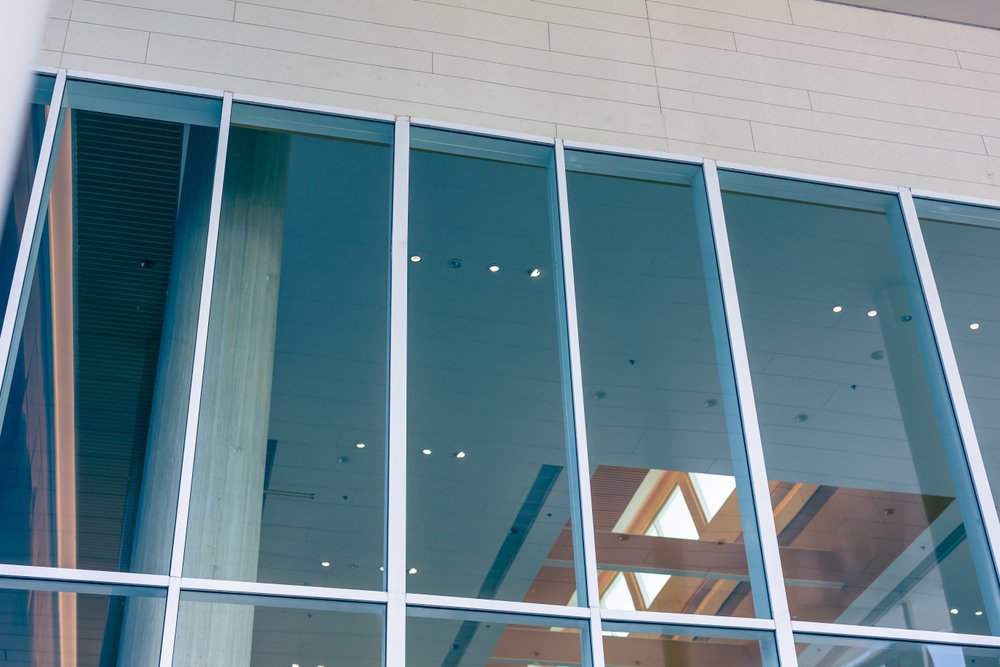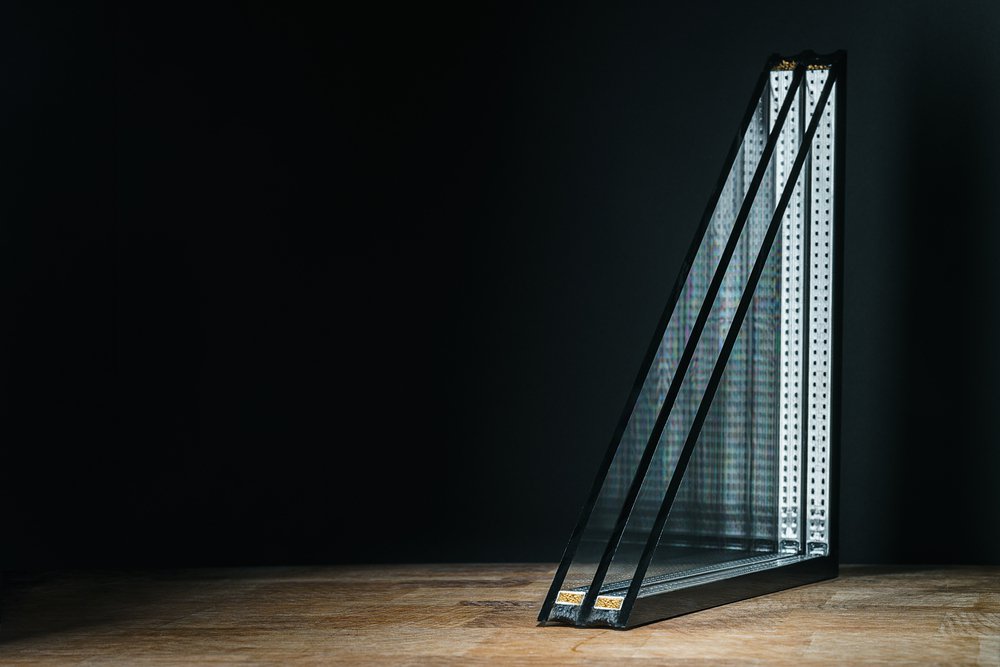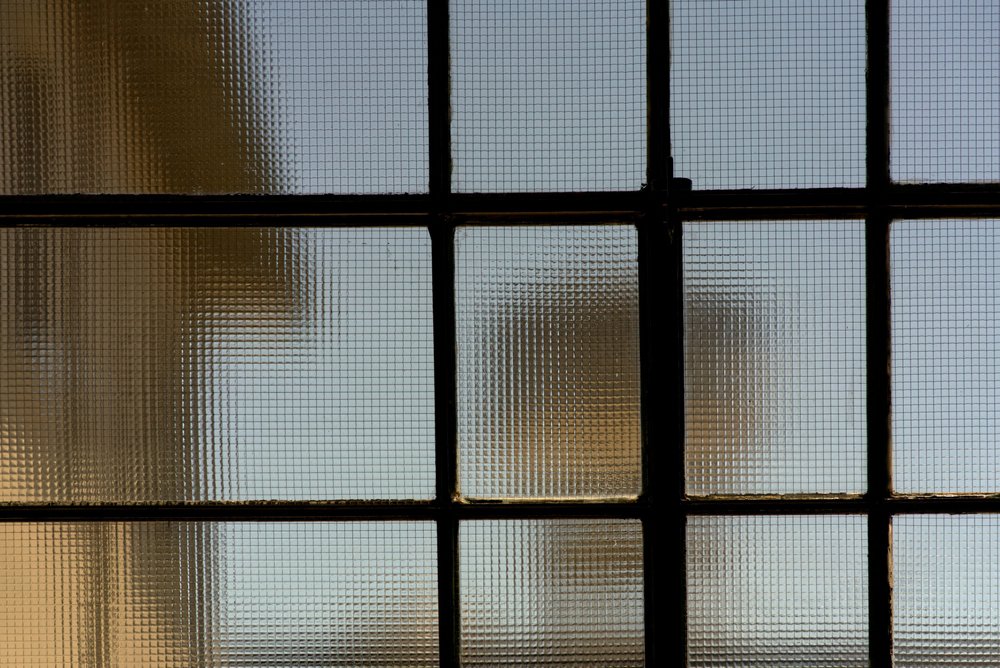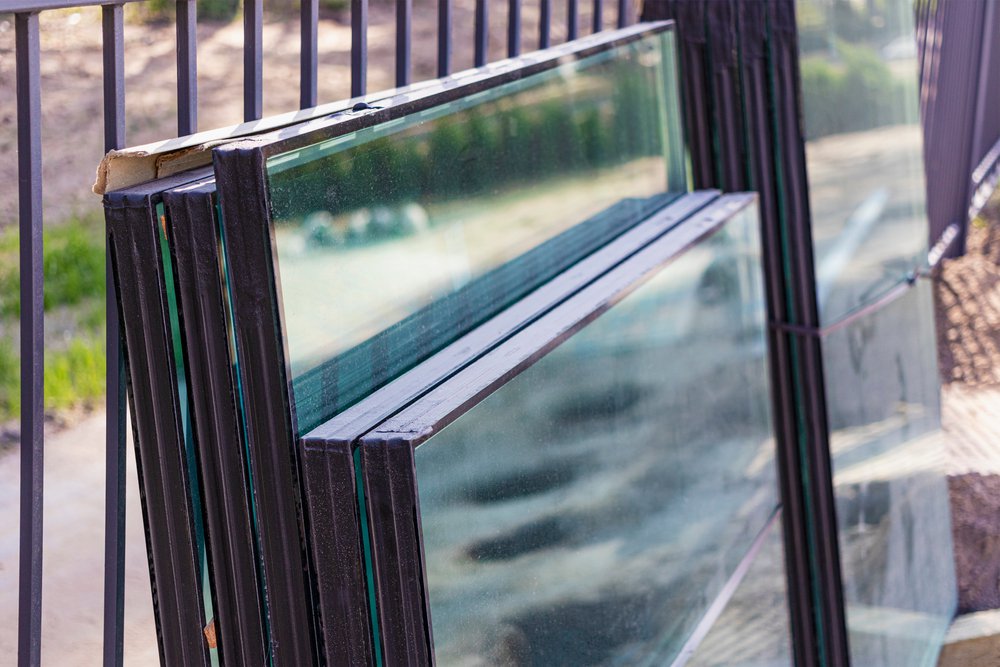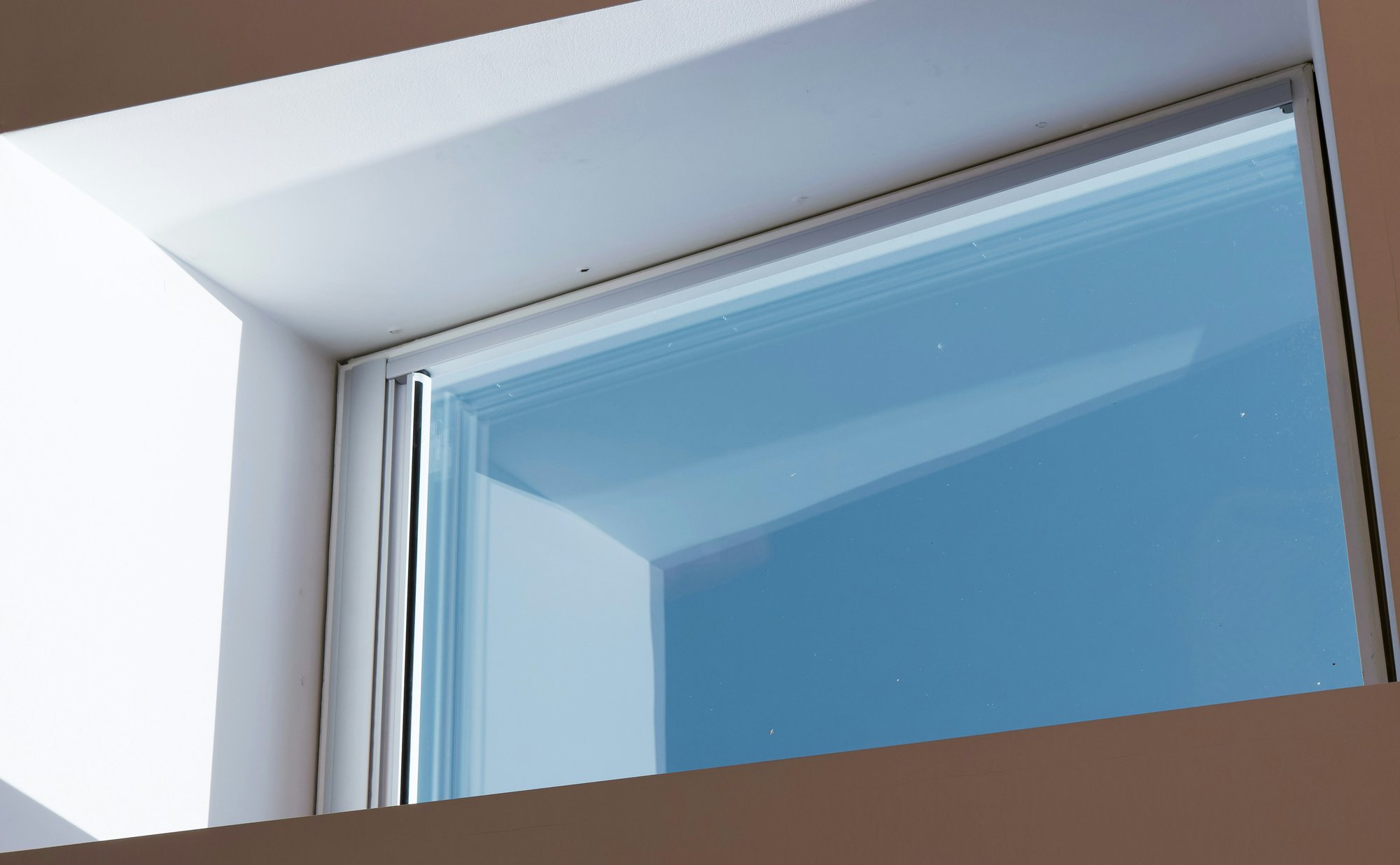How can protective films revolutionize the durability and efficiency of glass surfaces? Protective films offer significant benefits, including UV protection, scratch resistance, and energy efficiency. These films are essential in modern glass technology, providing a practical solution for enhancing the longevity and performance of glass in both residential and commercial settings.

UV Protection: Shielding Your Interiors from Harmful Rays
Protective films can block up to 99% of harmful UV rays, offering a robust shield for your interiors. This UV protection is crucial in preventing the fading and deterioration of furniture, flooring, and artwork. By filtering out these damaging rays, protective films help maintain the aesthetic and functional integrity of your spaces.
The scientific basis for UV protection lies in the film's ability to absorb and reflect ultraviolet light. These films are typically made from polyester and are treated with UV inhibitors. This composition ensures that the harmful rays are effectively blocked, reducing the risk of interior damage.
Scratch Resistance: Maintaining Pristine Glass Surfaces
Protective films offer a durable barrier against scratches and abrasions, significantly extending the life of glass surfaces. These films are engineered with robust materials, such as multi-layered polyester, which provide exceptional resistance to physical damage. This durability is particularly beneficial in high-traffic areas where glass surfaces are more susceptible to wear and tear.
In commercial environments, such as retail stores and office buildings, protective films help maintain the pristine appearance of glass doors, windows, and partitions. This not only enhances the aesthetic appeal but also reduces the need for frequent replacements and repairs. For instance, in a busy storefront, the film can prevent scratches from shopping carts, keys, and other potential hazards.
Energy Efficiency: Reducing Costs and Environmental Impact
Protective films significantly enhance energy efficiency by insulating glass surfaces, leading to reduced heating and cooling costs. These films work by reflecting heat during the summer and retaining warmth during the winter, creating a more stable indoor environment. This translates to substantial energy bill reductions for commercial buildings. Office spaces, retail stores, and other commercial properties can benefit from lower operational costs, making protective films a smart investment. Additionally, the reduced strain on HVAC systems can extend their lifespan, further contributing to cost savings.
Installation and Maintenance: Ensuring Long-Term Performance
Installing protective films involves a straightforward process that ensures optimal performance and longevity. Begin by thoroughly cleaning the glass surface to remove any dust, dirt, or grease. This step is crucial for proper adhesion. Next, measure and cut the film to fit the glass dimensions accurately. Apply the film using a squeegee to eliminate air bubbles and ensure a smooth finish.
To maintain the effectiveness of protective films, follow best practices for care. Regularly clean the film with a soft cloth and a mild, non-abrasive cleaner. Avoid using harsh chemicals or abrasive materials that could damage the film. Inspect the film periodically for any signs of wear or damage, and address issues promptly to prevent further deterioration.
Common pitfalls to avoid include improper installation techniques and neglecting maintenance. Ensure that the film is applied in a dust-free environment to prevent particles from getting trapped underneath. Additionally, avoid using sharp objects near the film, as they can cause scratches or tears.

Technological Advancements: The Future of Protective Films
Recent innovations in protective film technology are paving the way for exciting advancements in the industry. One notable development is the emergence of smart films, which can change their properties in response to external stimuli such as light, temperature, or electrical current. These films offer dynamic control over light transmission, providing enhanced privacy and energy efficiency.
Smart films have potential applications across various sectors. In residential settings, they can be used for windows that automatically adjust to reduce glare and heat, improving comfort and reducing energy costs. In commercial buildings, smart films can create adaptable workspaces by transforming transparent glass walls into opaque partitions at the touch of a button.
Embrace the Future with Protective Film
Protective films offer substantial benefits, including enhanced UV protection, scratch resistance, and energy efficiency. They block up to 99% of harmful UV rays, preserving the integrity of interiors and safeguarding health. Their scratch-resistant properties extend the life of glass surfaces, making them ideal for high-traffic areas.
Visit Insul-Lite Manufacturing to learn more about how protective films can revolutionize durability and efficiency. Discover the benefits of UV protection, scratch resistance, and energy efficiency today!

